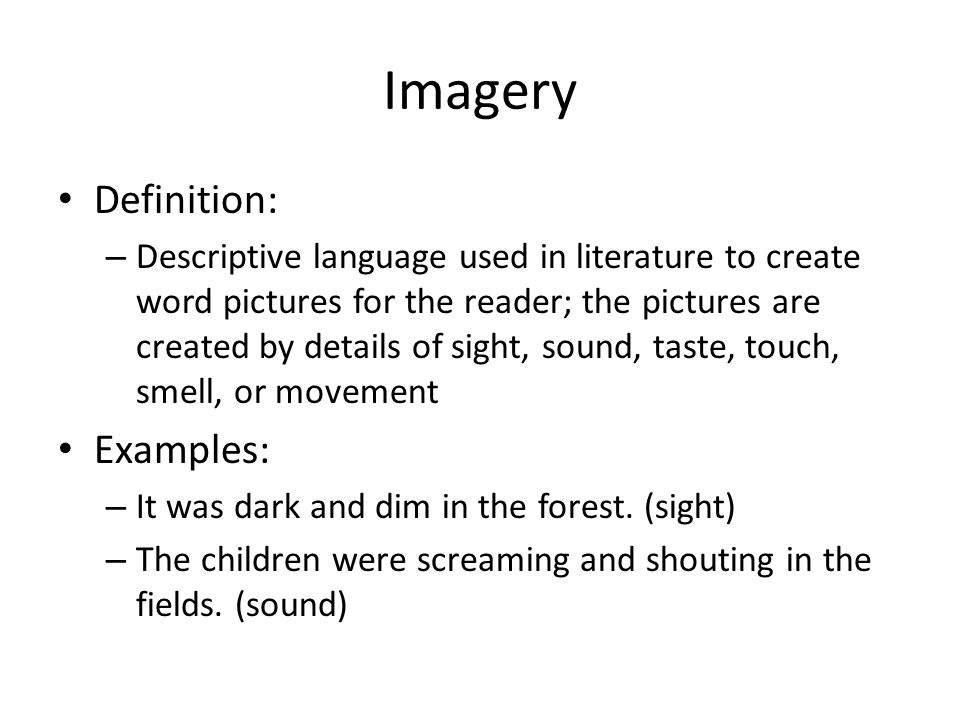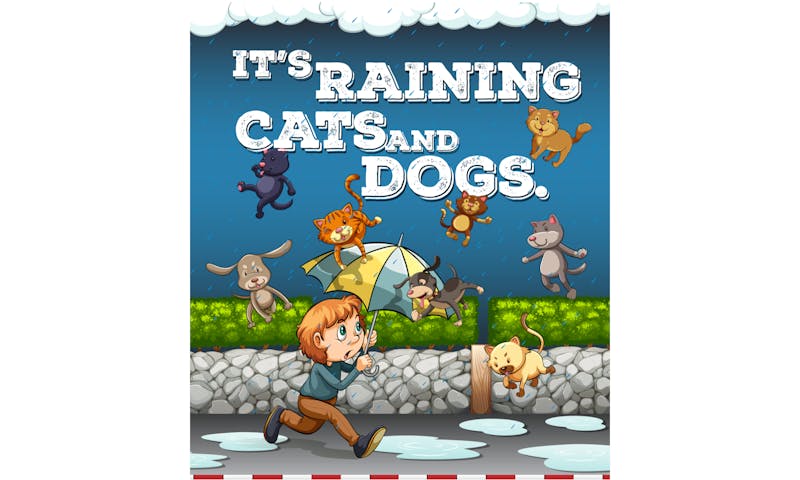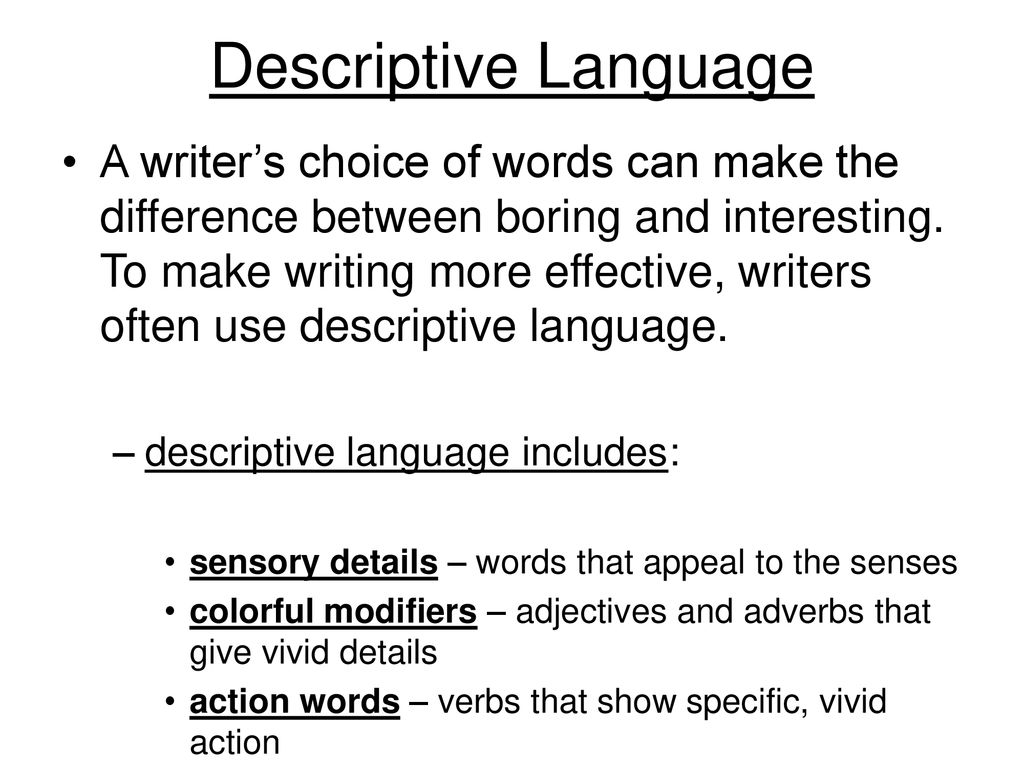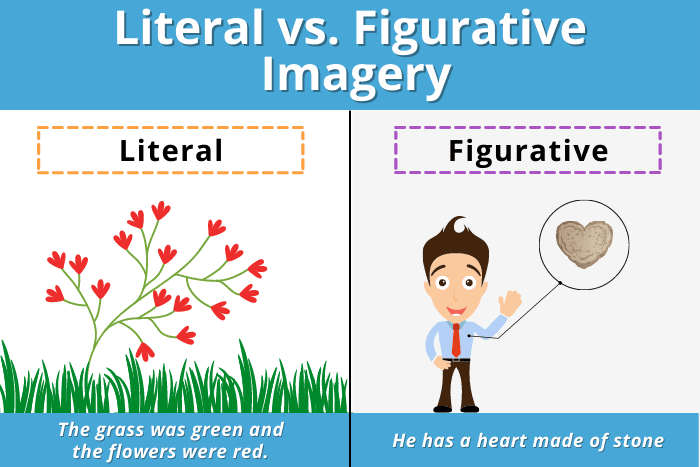Descriptive language in literature refers to the use of words and phrases to vividly convey sensory details and experiences in a written work. It is an essential element of writing that allows the reader to fully immerse themselves in the world of the story and experience it in a more meaningful way.
One of the primary purposes of descriptive language is to create a vivid and realistic setting for the story. This can be achieved through the use of sensory details such as sight, sound, taste, touch, and smell. For example, a writer might describe the rustling of leaves in a forest, the salty smell of the ocean, or the rough texture of a stone wall. These details help the reader to visualize the scene and feel as if they are actually there.
In addition to creating a sense of place, descriptive language can also be used to bring characters to life. By using descriptive language to depict a character's physical appearance, mannerisms, and speech patterns, a writer can create a fully fleshed-out, believable character. For example, a writer might describe a character's piercing blue eyes, their nervous habit of fidgeting with their shirt sleeves, or their rough, gravelly voice. These details help the reader to understand and relate to the character on a deeper level.
Descriptive language can also be used to convey emotion and mood. By choosing specific words and phrases that reflect the tone of a scene or the feelings of a character, a writer can help the reader to feel what the characters are feeling. For example, a writer might describe a character's heart racing with excitement, their stomach sinking with anxiety, or their face flushing with embarrassment. These descriptions help the reader to connect emotionally with the characters and experience their feelings in a more intense way.
Overall, descriptive language is a powerful tool that allows writers to bring their stories to life and create a more immersive reading experience for their readers. It allows writers to fully convey the sights, sounds, and feelings of the world they are creating, and helps the reader to feel as if they are a part of that world.








